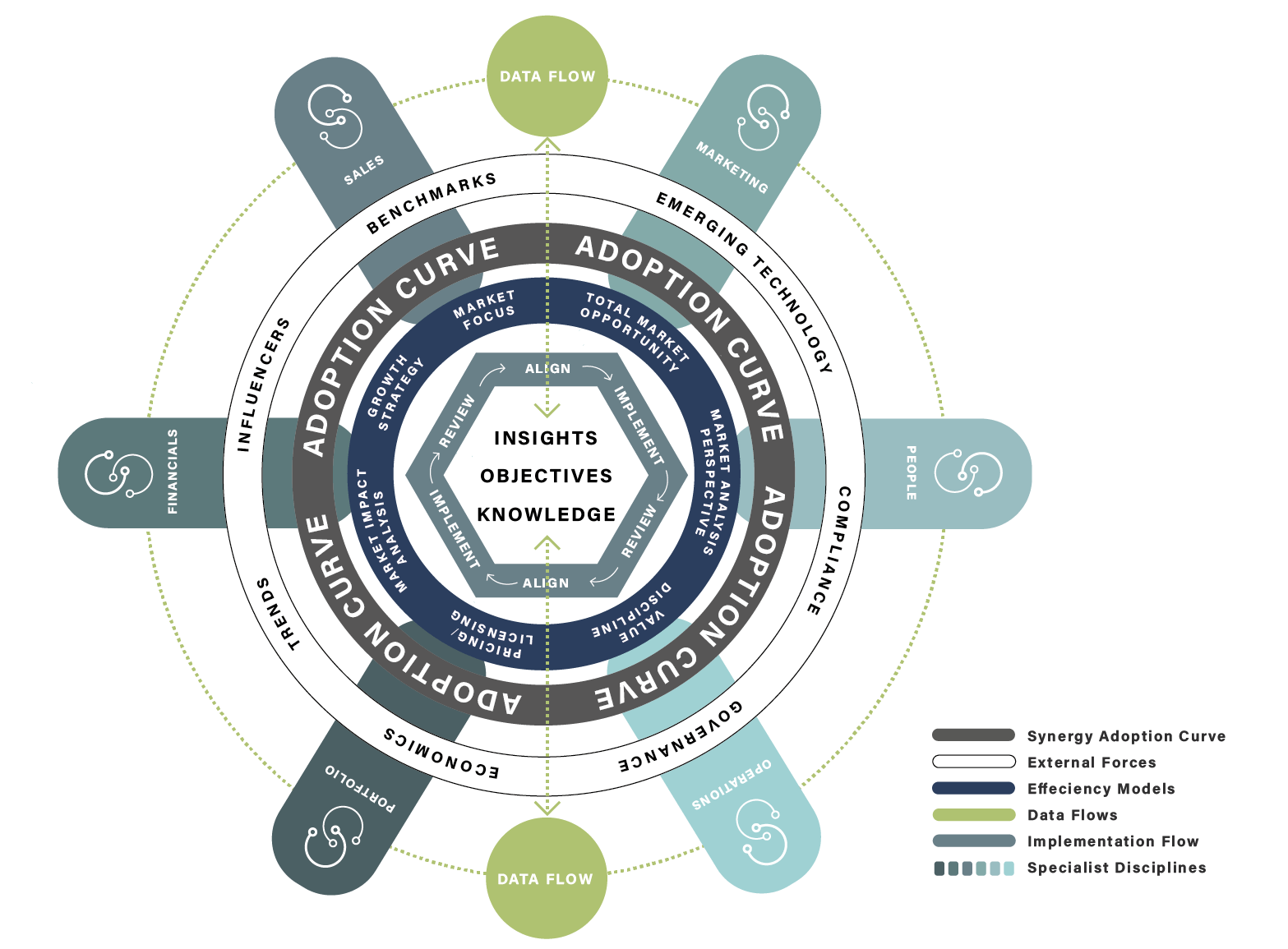People buy from people, or so the saying goes. A direct sales channel requires building and managing a company sales team. The sales team needs to be close to your target markets so if you plan to sell in multiple markets you will likely need local sales teams which will add additional cost and management overhead. A direct sales team is cost on the business and every organisation needs to weigh up the revenue benefits compared to adopting an indirect sales strategy.
SALES
Collaboration increases opportunities
Sales people sell, so without collaboration how well are the following understood by them and how can the sales individuals excel in their role?
Good sales teams want everything, before anyone else and yesterday. Why not!
Your organisation needs to send their sales individuals into the field with effective tools to do a proficient job. Imagine putting your champion sprinter in their blocks for the 100-metre sprint, pointing the wrong way.
SALES, [SOMETIMES] KNOW BEST
When a business can efficiently scale sales up without significantly increasing the costs of sale, then the business grows not only in size, but also in margin and profitability. The critical factor at this level of efficiency is the Sales Person.
A good sales team or individual is at the sharp end of the customer lifecycle. Glory when they succeed, but under fire for not performing at all levels throughout the sales cycle; think Glengarry Glen Ross.
Many organisations make a major mistake
and believe that the sales discipline have responsibility for the GTM strategy. What they really mean are the routes to market (RTM). The sales discipline has the RTM authority and responsibility
required to achieve brand distribution, volume and profitable growth whilst improving efficiency and effectiveness. They can only achieve this with collaboration of the other disciplines
and align to the influencers in the SynergySix Flow Chains™
framework.
- What country’s/regions are we selling into?
- What industries need our products?
- What person do I target in an organisation?
- How will the customer pay for our product?
- Will our company encounter any competition in the market?
But this is not a one-way authority.
As an integral discipline in the company’s GTM strategy, the sales discipline needs to inform, listen and learn from their peer disciplines and customers. Immaterial of an individual's sales skills, good sales execution is a team game.
SALES IS NOT A DEMOCRACY
A provocative statement, but one that is true. How many times have sales professionals been given their monthly, quarterly, yearly targets and thought "that's absurd, there's no way I can make that number, I'm going to get it reduced!".
Then what happens, not a lot,
some interesting discussions, but the number sticks.
Why?
Because the sales leader has agreed the targets, reflecting the available market opportunity, for that financial period from their leaders and has calculated how that will be distributed across the planned routes to market, whilst also assessing the profitability expectations of the company.That's what every sales professional hopes.
The Synergy Six Degrees approach ensures that all levels of sales professionals have the confidence that with 'hard work' the targets are achievable, defensible, realistic and proven.
CLARITY & CLEAR CHANNELS
COMPENSATION PLANS
A rightly sensitive subject, but this should drive everything that happens within the RTM strategy, not once the agreed RTM has been established.
New organisations should approach this from a relatively simple approach as they evolve through the ‘Seed to Start-Up’
phases of their business plan. This should be focused on rewarding sales for building opportunities (prospects) in initial target markets and establishing your first footholds in early customers.
As organisations move into the 'Growth and Established'
stages of their maturity, the urge to dominate compensation plans with a top down approach, should be cautioned. Targets are there to be achieved, but the balance between a top down target and market capability (total available market) will ensure your compensation plans are SMART
and you are not over or under estimating the challenge.
Commercial terms
are evolving every year as customers change the way they want
to procure products. These changes can have a dramatic effect on revenue, bookings and billings
as perpetual ownership is being replaced for a variety of subscription payments. Sales people are driven by their ability to meet/exceed their compensation plans. Approaching your compensation plans based on factual data, product value and customer purchase behaviour
will help deliver strong and repeatable revenues. For more information see our other documents covering ‘Adoption Curves’
and ‘Company Maturity.’
ROUTES TO MARKET
DIRECT SALES CHANNEL
INDIRECT SALES CHANNEL
RESOURCING
A strong relationship between the sales discipline
and the people discipline
will ensure that once you have decided on your RTM strategy, you have or can acquire the skills to be effective across the entire sales cycle.
It is critical that the sales leader educates the People Discipline that the characteristics and skills of direct and indirect sales individuals are dramatically different. In addition, the Portfolio Discipline
will be an essential partner to ensure that technical resources are capable of conveying the operational value, implementation and execution of your product. If a multi-channel RTM strategy (both direct and indirect sales) is agreed, the resourcing capability may require funded heads that are resident in the partner organisations to drive dedicated focus and sales.
A TEAM OF MANY FACES
Never (if possible) appoint a Sales & Marketing Leader, as this conveys a message to your audience that you are not taking either role seriously. These are two distinct [peer] disciplines with different skill sets and deliverables. All organisations will want to drive revenues, but this does not mean that the marketing activities should be rigidly aligned to the beliefs of the sales direction or visa versa. Review our Marketing Discipline
page to understand the responsibilities of this specialist discipline.















